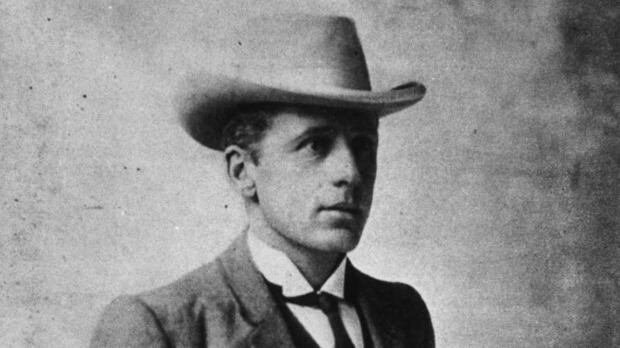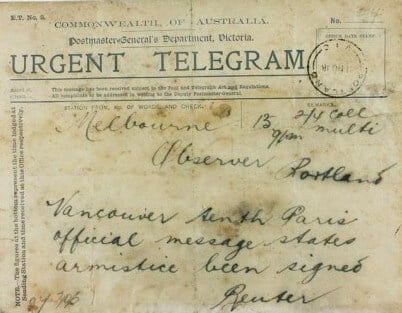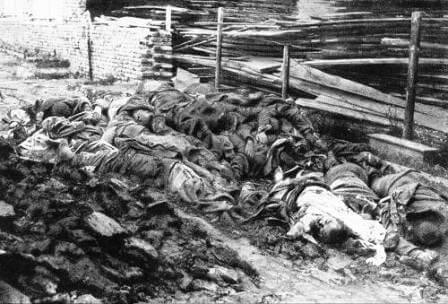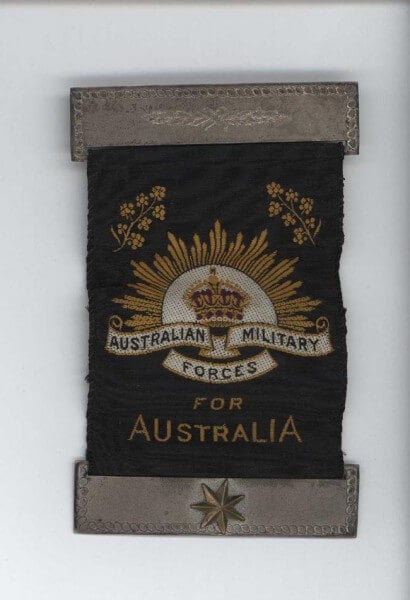
Golden Age of the Bush
Image: Banjo Paterson, a bridge between two Australia's. The great bush poet served in the Great War.
Australians from country and rural areas suffered more than most in the Great War 1914-1918 and the conflicts that followed. The Anzac Centenary is a vast national undertaking much like the Great War a hundred years past. The centenary provides a special time to honour Regional Australians who served during the Great War and successive conflicts.
In towns across Regional Australia local schools, community groups and businesses are running events to commemorate the service and sacrifice of Australian Diggers. Men and boys from country and rural areas were amongst the first to answer the call with famous recruitment marches. These marches saw the cream of the bush march off over vast distances to reach the nearest port. Many never returned or were broken by the war.
These casualties were particularly felt in the bush. Here the loss of a son was compounded by the closeness and small size of each community. Small towns and villages gave many such sons to feed the war effort. The economic consequences of the Great War were felt hardest in the bush. The war put an end to numerous farming families which relied on healthy sons to man and take over farms and agribusinesses. This in turn impacted nearby towns which relied heavily on agricultural incomes to support the local economy.
This cycle of loss meant that young women in country and rural areas couldn’t find husbands in an age when women relied overwhelmingly on men for economic support. Indeed, unlike women in the United Kingdom and France, the women of Australia were never systematically mobilised to take over male occupations, such as farming and industry, during wartime. Over 300,000 Australian men joined the forces, leaving many women in Regional Australia with few prospects and forcing them to migrate to larger towns and cities.
The Great War put a final crushing end to the Golden Age of the Bush. Banjo Paterson went to war breaking in horses for the Australian Light Horse and returned to a home he barely recognised. Deeply affected by the horrors of war Paterson’s best literary days were behind him. Henry Lawson suffered a final collapse into his own demons without his loyal friends, many of them serving at the front, and he did not long survive the war. The war cost Regional Australia its Bush Poets, the cream of its youth and much of its prosperity.










